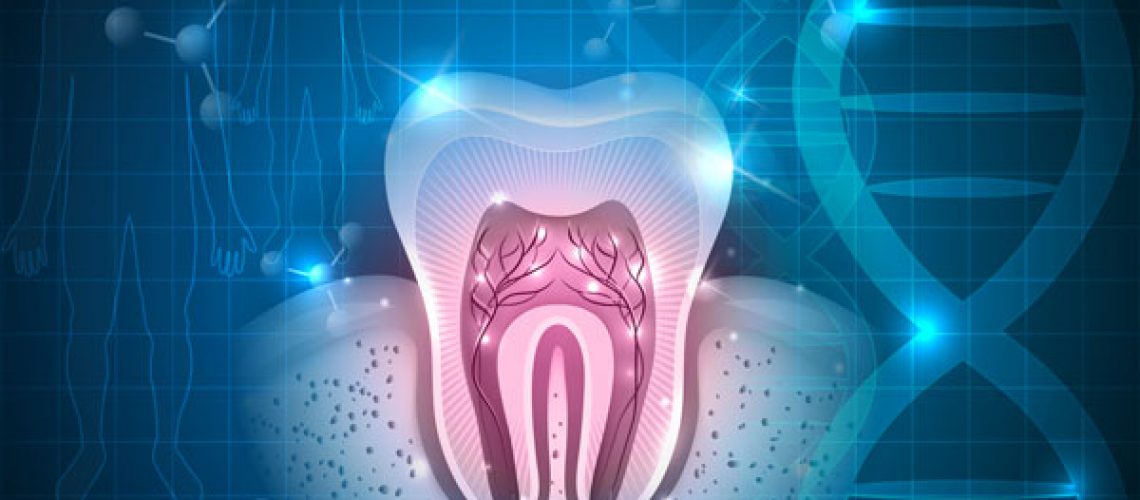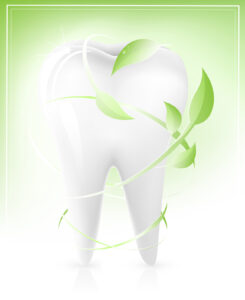 As biological dentists in Mesa, Elite Smiles understands the inexorable link between biology and dentistry, and how the two play into one another.
As biological dentists in Mesa, Elite Smiles understands the inexorable link between biology and dentistry, and how the two play into one another.
It might surprise you that dental problems like tooth decay and periodontal disease can lead to serious problems like heart disease and even stroke! Likewise, biological health problems are often correlated with a variety of dental issues.
Like nature itself, the body is an interconnected system—problems in one area of the body can negatively affect other, seemingly unrelated parts.
The idea behind this type of dental care is that dentists shouldn’t merely strive for their patient’s oral health but also for their overall physical and mental well-being.
Dental Decay & Periodontal Disease – Links to Heart Disease & Stroke
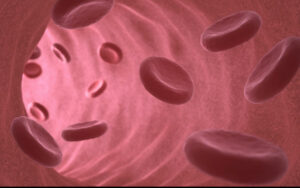 Dental problems like tooth decay and periodontal disease can lead to serious health issues like heart disease and stroke. This is because inflammation caused by these conditions can release toxins into the body, leading to cardiovascular degeneration. The plaque and bacteria involved in these conditions also have direct access to the bloodstream, where it can make its way to the arteries of the heart and blood vessels in the brain. In fact, the most common bacteria involved in dental decay and gum disease, Streptococcus Mutans, has been found in higher-than-average amounts in victims of heart attack and hemorrhagic stroke.
Dental problems like tooth decay and periodontal disease can lead to serious health issues like heart disease and stroke. This is because inflammation caused by these conditions can release toxins into the body, leading to cardiovascular degeneration. The plaque and bacteria involved in these conditions also have direct access to the bloodstream, where it can make its way to the arteries of the heart and blood vessels in the brain. In fact, the most common bacteria involved in dental decay and gum disease, Streptococcus Mutans, has been found in higher-than-average amounts in victims of heart attack and hemorrhagic stroke.
Heart disease and strokes are also both linked to systemic inflammation resulting from periodontal disease, which may also cause chronic infections in other areas of the body. If you regularly go untreated for dental pain or do not visit a dentist regularly (about every six months), this decrease in immune system protection can be harmful to your heart and aid in ailments like high blood pressure or diabetes.
Periodontal diseases may also contribute to decreased bone density levels, particularly when they involve gum tissue near the root of the tooth. The bone is designed to protect and provide nutrients for the important parts of your teeth, but when gum disease erodes this barrier, it can lead to pain as well as periodontal tissue damage which can cause additional decay and infections in the surrounding areas.
At least 18.2 million Americans suffer from some form of cardiovascular disease, which is roughly 7% of the people living in the United States. Heart attacks may occur with no warning or symptoms; however there are typically signs that occur before an attack. Signs and symptoms: chest pain (angina), difficulty breathing, nausea/vomiting, unusual sweating, extreme weakness or dizziness , fainting.
To learn more about the relation between dental problems and more serious health issues, click here.
How Biocompatible Dentistry Addresses the Problem
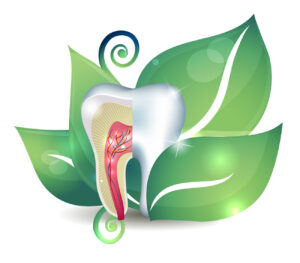 At the heart of holistic and biological dentistry is a very simple premise: we believe that all biological life should not be exposed to problematic dental materials, while at the same time ensuring that dental materials used do not negatively affect the patient.
At the heart of holistic and biological dentistry is a very simple premise: we believe that all biological life should not be exposed to problematic dental materials, while at the same time ensuring that dental materials used do not negatively affect the patient.
As such, our philosophy is to use only the purest (and often least expensive) materials available; this usually means using porcelain instead of metal or plastic for crowns and inlays/onlays, and avoiding mercury amalgam fillings altogether. The primary mechanism by which these dental procedures help patients suffering from chronic health issues is by reducing toxins in a patient’s body via clean and safe dental procedures and products.
Avoiding Mercury – Resin Fillings & Safe Mercury Removal
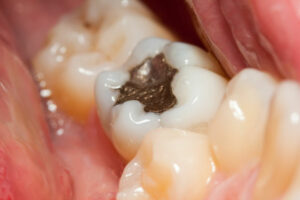 Mercury fillings are toxic because the primary ingredient in amalgam, or “silver” fillings, is a toxic heavy metal. As such it has been banned for dental use in many European countries and the US should consider doing the same.
Mercury fillings are toxic because the primary ingredient in amalgam, or “silver” fillings, is a toxic heavy metal. As such it has been banned for dental use in many European countries and the US should consider doing the same.
Major problems with mercury fillings include:
- The release of toxic vapor while chewing, grinding your teeth or brushing/flossing. Mercury vapor can cause:
- Brain fog,
- Depression and anxiety,
- Irritability.
- Expanding and contracting due to temperature changes, causing microfractures in the teeth that can lead to plaque build-up and further dental disease.
- Must be forced into place as they have no adhesive quality, causing microfractures.
Resin-based fillings, on the other hand:
- Are naturally adhesive
- Don’t expand-contract with temperature changes
- Are biologically safe for the human body.
This is one example of the measures biological dentists take to ensure the overall health of their patients; if you’ve ever considered seeing a holistic or biological dentist, but don’t know where to start, the following could help:
What Do Holistic Dentists Do?
 The first thing that comes to mind when considering holistic dentistry is removal of mercury fillings. However, this isn’t the only way holistic dentists improve dental health; in fact, it’s just the beginning. By repairing microfractures caused by traditional fillings with resin-based fillings, biological dentists stop further decay that may lead to gum disease and/or other systemic diseases.
The first thing that comes to mind when considering holistic dentistry is removal of mercury fillings. However, this isn’t the only way holistic dentists improve dental health; in fact, it’s just the beginning. By repairing microfractures caused by traditional fillings with resin-based fillings, biological dentists stop further decay that may lead to gum disease and/or other systemic diseases.
By using safe anesthetics like ozone gas instead of injections for oral surgeries, biological dentists minimize the risk of infection and damage to surrounding tissues. Additionally, they can use non-metal implant materials, which are safer for the human body than metal.
Why Choose Elite Smiles?
Elite Smiles is dedicated to biological and holistic dentistry. All of our services are aimed improving and preserving not only the health of the teeth and supporting structures, but of the body and mind as a whole.
A healthy mouth is vital to a person’s overall well-being. By taking care of their teeth, patients can reduce the likelihood of developing heart disease and other systemic diseases linked with gum disease later in life.
Patients looking for more information on holistic dentistry or wanting to set up an appointment should call Elite Smiles today at (480) 924-5577

